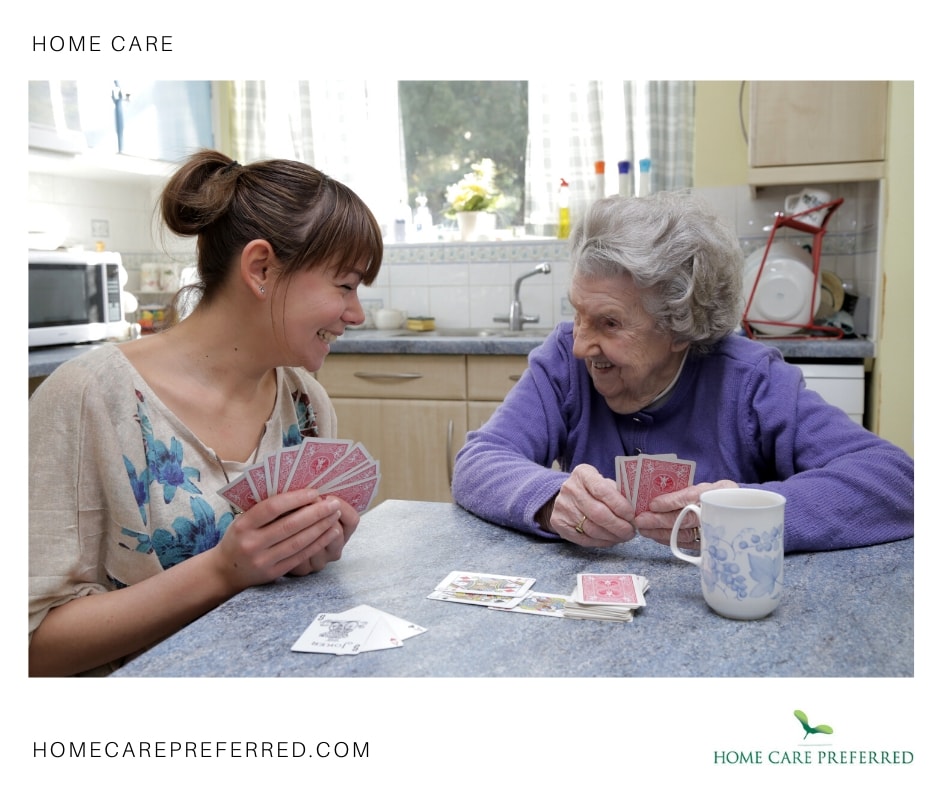5 Myths and Misconceptions about Home Care you Should Not Believe

Home care is a very popular service that is gaining a lot of attention for a good reason. It can help the family of an elderly individual who cannot be left unattended. Instead of moving them to a care facility, the help is brought to them in the form of a professional carer who comes to visit them on a predetermined schedule.
With so much information on home care, it can sometimes be difficult to know what the reality is and what is no more than a myth. Following are some of the most widespread misconceptions, which you should stop believing now:
- The elderly aren’t safe staying home – many people believe that only specialised carer homes have the capacity and ability to keep a safe environment for the elderly with special needs. In reality, the home of an elderly individual can become a safe place for them to live in. Accessibility can be improved with the addition of rails and ramps. Security can become better with additional locks on all doors. Lighting sensors may be added to make it easier to see. All of these changes can be made after a consultation with a professional carer. Make sure to discuss any change with the elderly as well, so as not to catch them up by surprise.
- Home care is about going it alone – moving your loved one to a care home means they are under 24-hour daily supervision. But with home care, just because you aren’t there with them doesn’t mean they are alone. The service is different depending on your needs. You can have a home carer visit from time to time, such as a few days a week and stay with the elderly for some time. If the elderly need more attention, then you can even arrange live-in care, which means a carer moves in to live with the person. The amount of help you can get from such a service is enormous.
- You cannot afford professional home care – this is not such a black-and-white matter as you may think. Several subsidies exist to make it easy for you. You can consult social services or the local council to see what sort of help they can offer. Once they have made the necessary assessments, they can tailor financial support for you. Sometimes this is in the form of local authority funding or direct payments.
- Home care is not suitable for the elderly with dementia – if you have an elderly loved one with dementia, you may falsely think that your only option is residential care. In reality, it is possible to have them continue living in their own home with the aid of a home care agency. In fact, the familiar surroundings and maintaining their daily routines are possible with a carer by their side and it is much better for them. It spares them the stress of moving and losing the familiarity and feeling of safety they have in their home.
- It is more complex arranging home care – this may be true, only if you are doing it alone. In reality, every home care agency will be able to provide you with good advice on how to make a transition with the service be smooth and elegant. There is nothing complex about discussing the needs of the elderly individual with the agency. They will guide you with questions, as they know how to ensure you end up with the right service.
Understanding the misconceptions surrounding home care is important because only then can you fully realise the benefits of such service.
